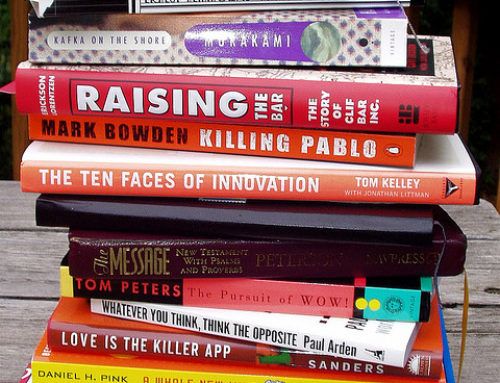Education is broadening its focus from main academics to include emotional and social skills. Empathy is a skill that is increasingly sought after, not just in classrooms, but also in professional spaces.
But how does one learn empathy? Read. Read more.
Research shows that reading literature helps readers understand characters, their thoughts, motivations, and feelings. Readers also predict what will happen next to characters, and link actions to consequences. These skills translate to the real world, where readers can understand the motivations and feelings of people they interact with, as well as predict what they may do next.
Why are employers emphasizing empathy?
Employers want people with people skills who can relate to their coworkers and to clients. Sensitivity and empathy are essential in the work place, for building new relationships with clients and managing their needs; as well as maintaining a high functioning work environment.
Empathy in the classroom
Teachers are expanding classroom lessons to focus on empathy. An empathetic student will be able to resolve conflict and manage relationships within the classroom. They are also more in tune to their own feelings and thus able to manage their feelings. This helps maintain a peaceful classroom, without outbursts, where learning can take place uninterrupted.
Reading is most valuable when the reader is invested in the story and characters. Encouraging children to read more stories that include diverse characters and settings increases their emotional intelligence, assisting in building a ‘well-rounded’ person. This too is valuable for adults, helping them hone their people skills.
There is so much to do and see and read in the world. Speed reading helps readers quickly digest and enjoy a good book. Reading more will strengthen reader’s emotional capacity, and their overall marketability. Let eyeQ help you, contact us for more information.









